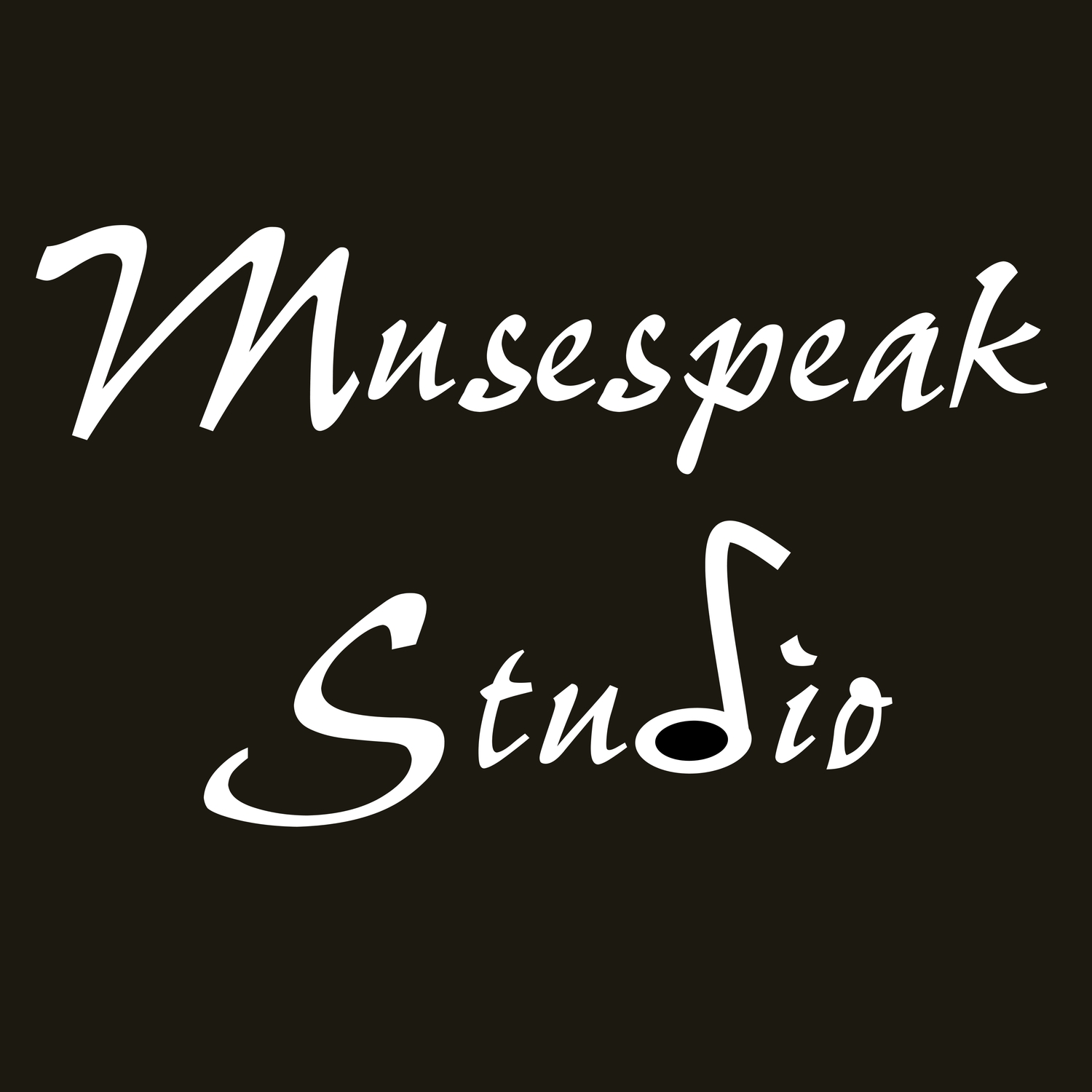Sometimes, our music students are still scrambling to get ready for their music exams. If you're like my one Grade 9 piano student who has been trying to memorize his Brahms' Intermezzo, it's too late. You need to start looking at the numbers and focusing your energy on the areas where it is do-able to in the time you have left to prepare. Take a look at what he'll be doing at his Gr. 9 partial examination through Conservatory Canada:
List C (Romantic): 10 marks
List D (Late Romantic to Contemporary Classical): 10 marks
Studies (2): 10 marks (worth 5 apiece)
Technical Tests: 14 marks
Memory: 2 marks (1 for List C and 1 for List D)
Now take a look at what examiners are looking to award Honours (70 - 79%)
consistent tempo
clean rhythms
clean notes
technical facility
clear dynamic contrasts
some articulation
a sense of phrasing
good tone
sense of musical style
Memory needs lots of time for the music to settle (and performances). As you can see, memorization is only worth one mark for his Intermezzo. I asked him if he wanted to sacrifice the 70ish marks he'd get for all of the above for that one measly memory mark. For a piece that's not completely secure, there is a good chance that these things will crumble under the pressure of an exam.
If you're like my student, you're better off focusing on getting the basics as stated above. If those are secure, you can still walk away with Honours or even First Class Honours.
Technique is a big area. It's worth 14 - 16 marks alone, depending upon the grade and the music conservatory you are following. If your technical facility is lacking, examiners will penalize you. This is not an area to cram in at the last minute.
Sight-reading, rhythm and ear training are crammable - to a degree. If this is truly a weak spot for you, then it is an area you need to work on throughout the year, not just one week before your exam. However, bear in mind that sight-reading is worth 10 marks (clapping and playing), while ear and rhythm training are worth 10 marks. Those are easy marks to give away but just as easy to keep with some consistent practice.
I used to panic over melody playback (worth four marks). In hindsight, I should have focussed on nailing my intervals, chords and cadences more (worth six marks). That, combined with my clap backs, would have balanced the scales a bit.
To wrap up, when you're trying to play the "numbers game" with your exam marks, keep in mind the following:
Beef up the foundation (the basics) of the areas that are worth the most marks.
If you know that one area is going to be wobbly no matter what, then look at the other elements in that section and try to strengthen those areas.
Just guess on the wobbly areas. You may get partial marks.
Speak with your teacher if you have any questions on this or need more advice. The mark breakdown for each grade is listed in the conservatory syllabi.
Sources: Conservatory Canada Piano Syllabus & Royal Conservatory of Music Examiner's Guidelines for Assessment of Repertoire.
Memory needs lots of time for the music to settle (and performances). As you can see, memorization is only worth one mark for his Intermezzo. I asked him if he wanted to sacrifice the 60 or so marks he'd get for having most of the notes, rhythm and the tempo there for that one measly memory mark. For a piece that's not completely secure, there is a good chance that things will fall apart under the pressure of an exam.
